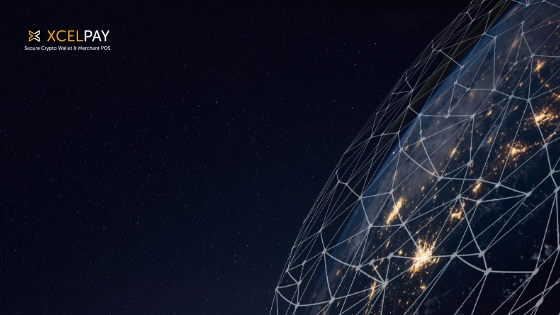What the Blockchain Technology Would Have on The Insurance Industry
Much has been
made about blockchain’s
utility across different industries. Critics oppose the technology is mere
hype, that the alterations it makes is marginal and not worth spending money
on. Supporters, on the other hand, willingly acknowledge that blockchain is not
the answer being trumpeted in some corners, but also identify that there are
use cases where it essentially makes sense. This is why noteworthy resources
are being devoted to the study of the blockchain system/technology by some of
the world’s major establishments.
Insurance is
one such industry, but in fact, blockchain is exactly
what’s required to inoculate some revolution into an industry that has not transformed
much in decades. From global insurers down to start-ups, we are seeing a wave
of new goods and services, everything from flight delay insurance to enhanced
risk modelling. What we need to understand what it is about blockchain that
makes sense for the industry, if you want to know more, then read on.
Information sharing
Imagine a situation where
insurance firms can share customer KYC data instead of having to inspect every
individual that requests to buy insurance. It could mean savings of thousands
of dollars per customer. Blockchain makes this possible by allowing multiple
insurance firms to contribute data to the same decentralized ledger. And
because the data is immutable, the insurance companies can trust that it is
authentic. One such information are claims records. If insurance companies
contribute information to the same blockchain, duplicate claims can easily be
detected.
Transparency
Historically, consumer data
has been stored behind the walls of insurance companies. Consumers have little
in the way of visibility of this data, and instead are given only what the
insurance company decides via a portal. And if the information is shared with
third parties, the consumer is not notified about it. The open and decentralized
nature of blockchain means that consumers will always be able to see the data
the insurance company has and what is being done with that data.
Trust
It is not unusual for
consumers to mistrust insurance companies. Confusing policy terms, high
premiums, and long claims processes all contribute to this. The blockchain,
specifically smart contracts, bring trust back into the equation by simplifying
the insurance contract and, with the help of AI, automating claims. No human
intervention required.
Tokens
One reason the privilege pay-out
process is slow is the need for fiat currency cheques or bank transfers.
Consumers occasionally wait for weeks for the pay-out to show up in their
account. Using digital tokens
accounted for on the blockchain answers this problem. Pay-outs can be made promptly
and then be re-used to purchase added coverage.
Smart contracts
Smart contracts are programmable contracts devoted
to the blockchain. They are independent and, therefore, do not need human intrusion.
For the insurance industry, smart contracts enable micro-insurance guidelines
to be issued and claim pay-outs to be pre-programmed.
Lower costs
What all of this adds up to
is lower premiums for consumers. Personalized insurance coverage has never been
so affordable. Hearti is committed to
providing the most innovative and hassle-free insurance products to its
customers. Blockchain is one of the technologies that will help us get there.
Fraud deterrence
Fraud is a major problem in
the insurance manufacturing, costing an estimated 80 billion USD each year(1).
Blockchain, smart contracts, and AI
can help reduce this figure by demanding info verified by AI from multiple
sources before paying out a claim. And the immutability and decentralization of
blockchain allows
insurance firms to share fraud data.
Ref-



Comments
Post a Comment